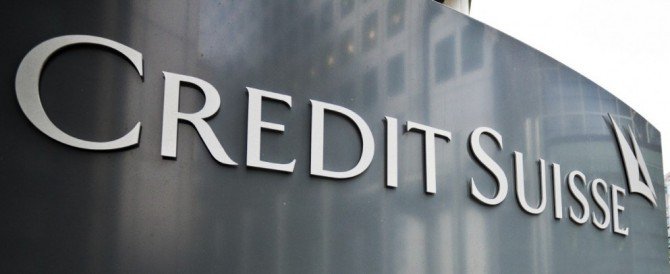The issue of the widespread misconduct of banks and whether they are too big to jail has come under the spotlight again. Credit Suisse faces a hearing tomorrow about further consequences for the fact it helped U.S. citizens evade billions in tax over several decades. The bank pleaded guilty to a criminal charge and was hit with a $2.65 billion fine by the U.S. authorities. Under the law, the bank’s criminal conviction disqualifies it from continuing some of its business operations. Credit Suisse does not want to give these up however and has asked the Department of Labor (DoL) to grant it a waiver to this disqualification.

Members of the U.S. House of Representatives have demanded that the DoL hear evidence about why the proposed waiver might be a bad idea. The politicians are concerned that an exemption is all too likely given that one has been granted to all 23 of the financial institutions subject to the automatic ban to date. One of their major concerns is the danger that a waiver would reinforce the current lack of deterrent for banks to violate regulations.
These fears are real and well-founded, and clearly illustrated by the Credit Suisse example. When the bank pleaded guilty to knowingly helping U.S. citizens evade billions of dollars in tax over several decades, and was hit with a $2.6 billion fine, the Attorney General heralded this as proof that no bank was too big to jail. Yet, as I blogged about at the time, the next day the bank’s Chief Executive claimed it had “seen no material impact on our business resulting from the heightened public attention on this issue in the past several weeks.” It is hard to avoid the conclusion that Credit Suisse hasn’t “gone to jail”, literally or metaphorically, and that the penalty was not strong enough.
The case is part of a wider problem of poor regulation. A point powerfully made by Senator Elizabeth Warren in a letter to U.S. authorities when she wrote “If large financial institutions can break the law and accumulate millions in profits, and if they get caught, settle by paying out of those profits, they do not have much incentive to follow the law.”
What was missing from the Credit Suisse case, and the other enforcement actions against the, often gratuitous, misconduct of banks is personal responsibility for senior executives. In short, it is not until senior bank executives start getting fined, losing their jobs, being barred from practice, and in extreme cases, facing criminal sanctions including jail, that those who are currently not following the rules will start to take these obligations more seriously.
It is imperative that the DoL fully bears this in mind when weighing up all the facts to decide whether to grant this waiver.
Stuart McWilliam is a Senior Campaigner on the Money Laundering team at Global Witness. Follow him on Twitter at @stuartmcw